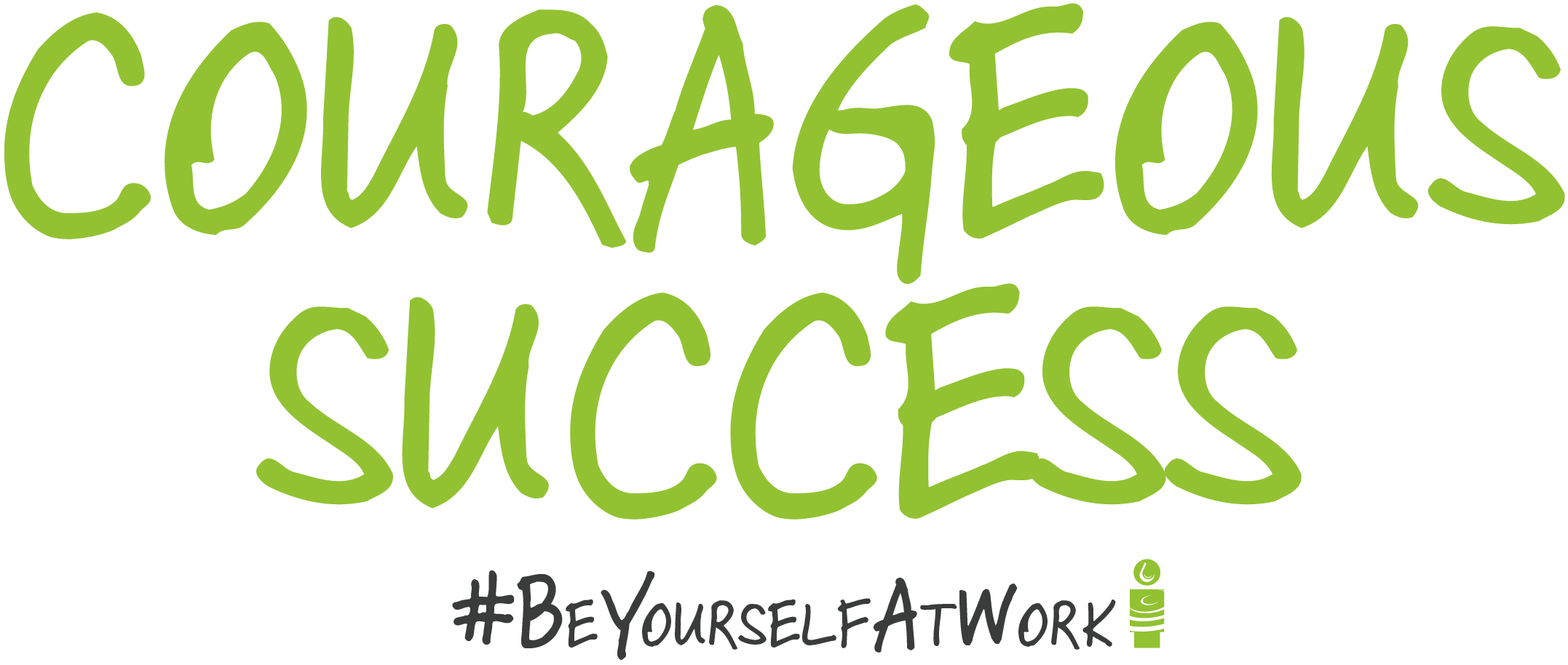“We’ve found that people who are authentic at work are considerably happier, more satisfied, and less stressed, and that happy workers get more done – researchers have found that even a temporary boost in mood can increase productivity by around 12%.”
This quote is from Toon Taris, PhD, a professor of work and organisational psychology at Utrecht University in the Netherlands.
Yes! If you are hiding your personality at work you’ll be unconsciously making yourself unhappier. Hiding you also takes up a lot of your energy. Don’t even get me started on mental health! Let’s just say that logic dictates that when you hide the real you at work, you must feel that the real you isn’t good enough. Surely that has to be a terrible platform for success?
Toon uses three metrics to evaluate whether employees feel authentic:
- You’re able to engage in activities and behaviours that you personally find important and meaningful. (I’d generally disagree with this one as not all of us need meaning).
- You feel that your work fits well with your personal values, interests, and convictions—you don’t have to hide how you really feel.
- You don’t need to put much effort into behaving the way others expect you to behave.
What’s your measure of success for people at work? Engagement? Still?! The world continues to look at engagement as a measure of HR’s/a business’s success. They spend nearly $720 million annually on efforts to improve it (Bersin). Yet research shows that only 22% of companies are getting good results from their employee engagement surveys.
As an alternative measure, using an initial draft of questions from our upcoming #beyourselfatwork global survey, why don’t you review how much you are being yourself at work? Below are 10 questions from the initial survey draft, all with scores out of ten. Give each a score and create a score out of 100.
- How much do you let your mood be affected by others? (1=frequently, 10=rarely or never).
- How often do you feel not good enough to be in your job (Imposter Syndrome)?. (1=very often or always, 10=never).
- How much do you generally not make things about you, so you don’t get defensive or feel over sensitive at times at work? (1=I often get defensive or over sensitive, 10=I don’t get defensive or over sensitive).
- How much do you let go of having to prove your competence at work, and instead trust yourself to do a good job? (1=I have to prove myself, 10=I trust myself to do a good job).
- How much is your current manager real and authentic? (1=low, 10=high).
- How much inner positive self-talk, are you consciously aware of on a daily basis? (1=low, 10=high)
- How well do you fully accept a compliment? (1=I find it hard, 10=I am happy to accept compliments).
- How much are you not worried about what people think of you? (1=I always worry what people think of me, 10=I never worry what people think of me).
- How much do you feel you can bring the real you to where you work? (1=low, 10=high).
- How much to you show your softer side to your colleagues? (1=low, 10=high).Total score /100
In our experience most people would score 50% or less if they were really being honest. What might the impact of low scores on these questions be? Challenging workplace culture, hiding and not speaking up, sensitivity & overuse of emotion, false assertiveness, withdrawn introversion, a transactional non humanistic experience? Shall I go on?
#beyourselfatwork!
Email me your scores /100 and I’ll come back with some tips. potential@courageoussuccess.com.
